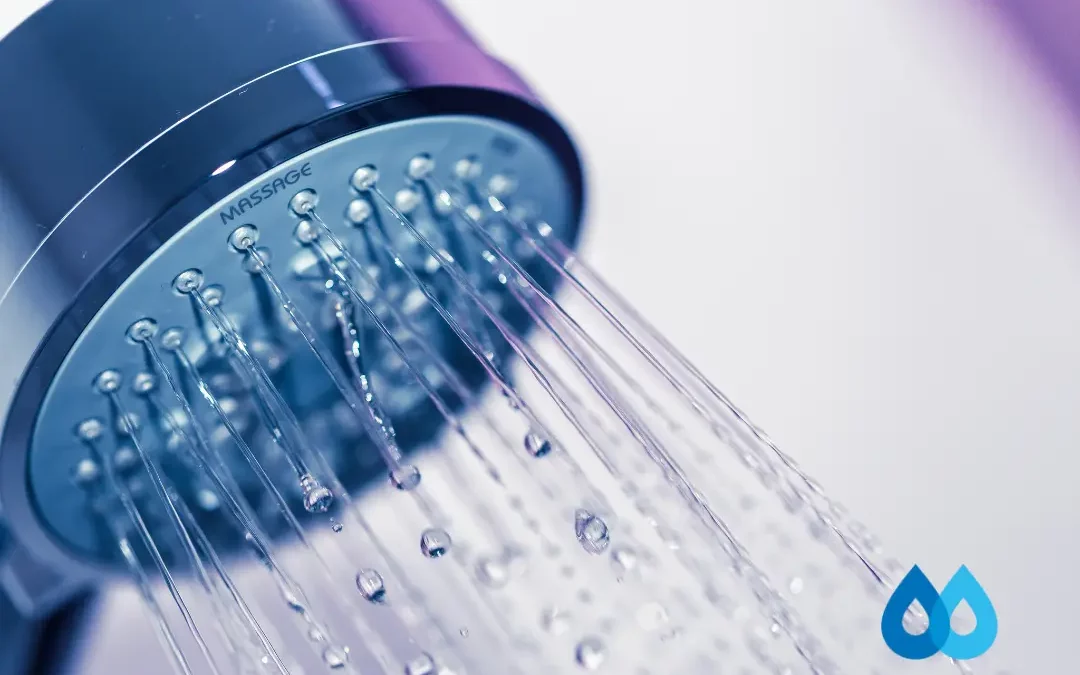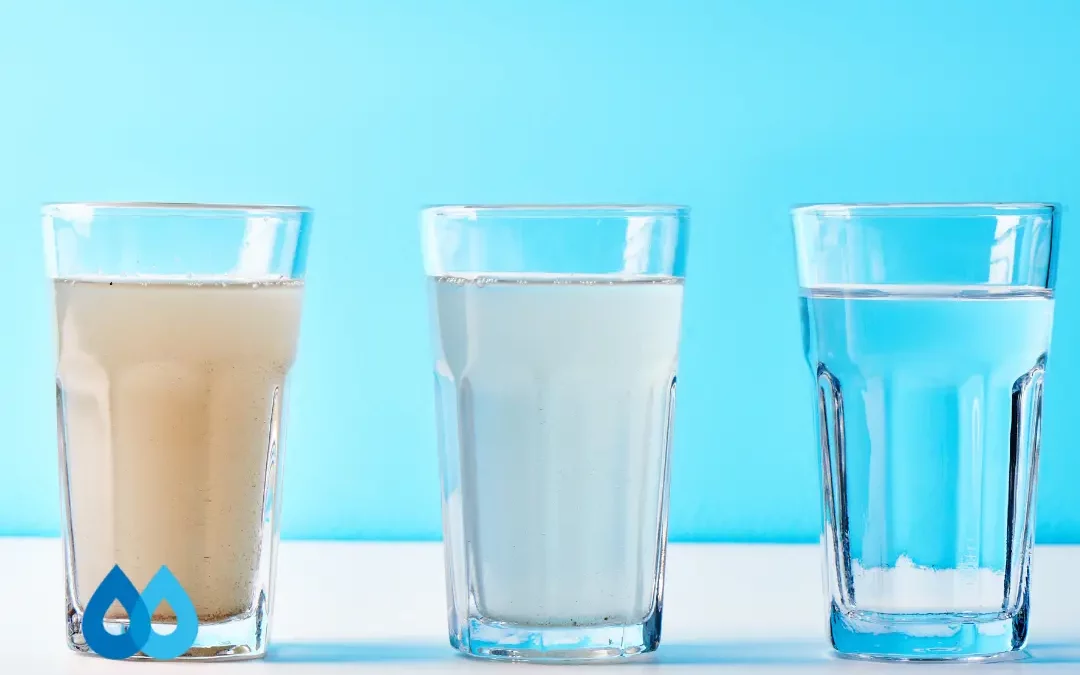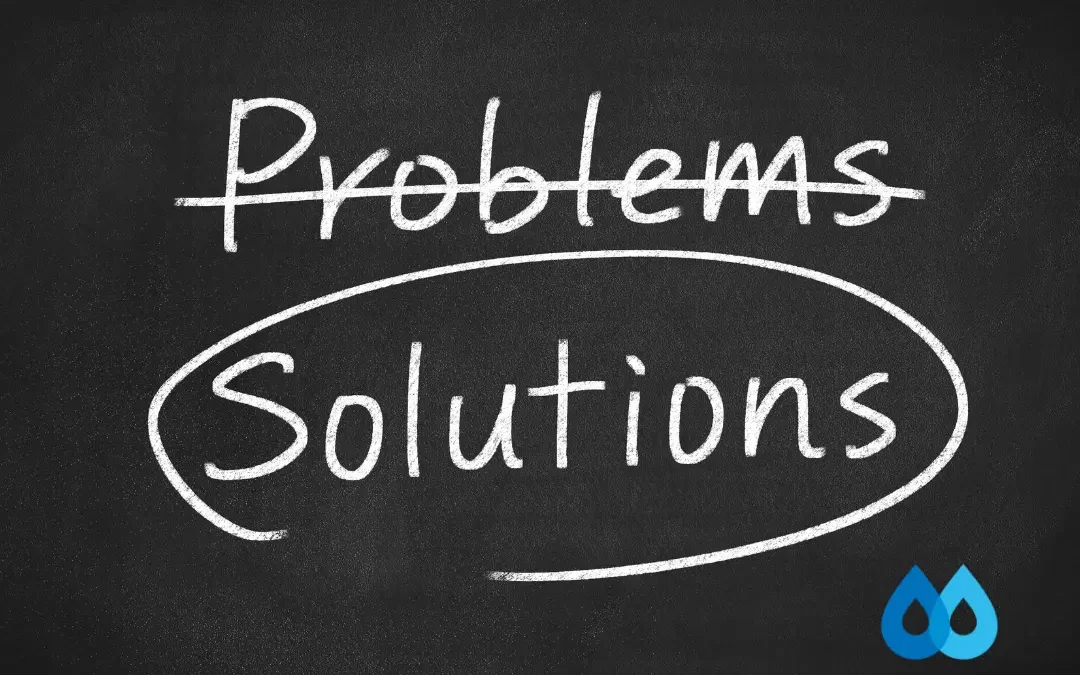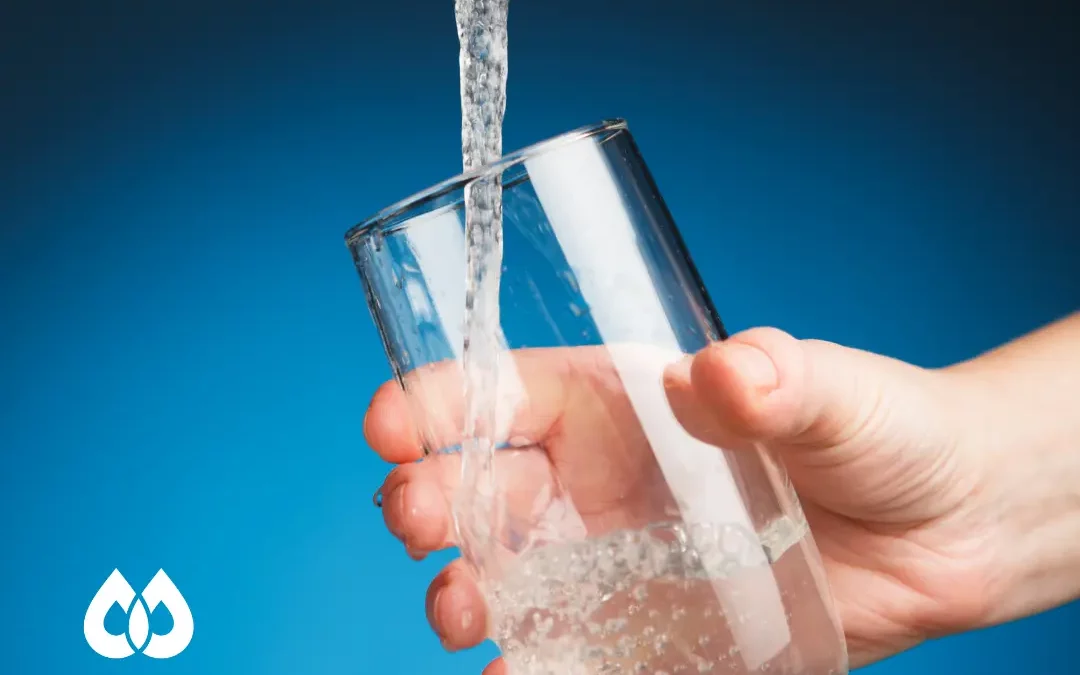As a resident of California, you have probably already realized that there isn’t much the severe drought in recent years hasn’t affected. Clean drinking water is a necessity to human life, so when something occurs that affects the quality and quality of our water, it has a huge impact on all aspects of life. How does this California drought affect everyone? Experts agree that it goes beyond the possible fines and water restrictions; we live in fear, caution, worry and now we may have to live with water contamination. If you don’t currently have a drinking water system to filter your tap water, the time to consider one is now.
According to a recent article from the Record Net, Stockton’s water quality has some issues even though they’ve been saving the water over the last year or so. With one federal violation of drinking water standards in play, officials worry that the drought may have had just one more significant impact on their daily life. The city recently sent letters to north Stockton residents informing them that levels of a disinfection byproduct known as trihalomethanes (THM) exceeded the acceptable standard. Over years, THM may lead to a higher risk of cancer and problems with the liver, kidneys or central nervous system. City officials are working on a solution but that will take some time and some residents are already feeling urgency in taking matters into their own hands.
Drinking water systems can help remove harmful contaminants right at your tap. We cannot control the drought, we cannot control violations in public drinking water but we can control the quality of our drinking water within our own homes with a home water filter. Many people take for granted the quality of their tap water, but news like this is certainly reason enough to consider filtering your own water as a secondary means of contaminant removal should our public drinking water systems fail.
Yes, this city uses chlorine to disinfect its drinking water but chlorine can react with organic matter in the water to create potentially harmful byproducts. Yes, this city did a good job of conserving water over time but the longer water sits in pipes before being used, the more likely those byproducts will form. Yes, the city notified its residents and want to fix the issue but time means additional exposure to contamination. Too many buts!



